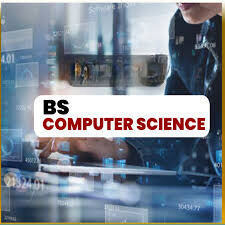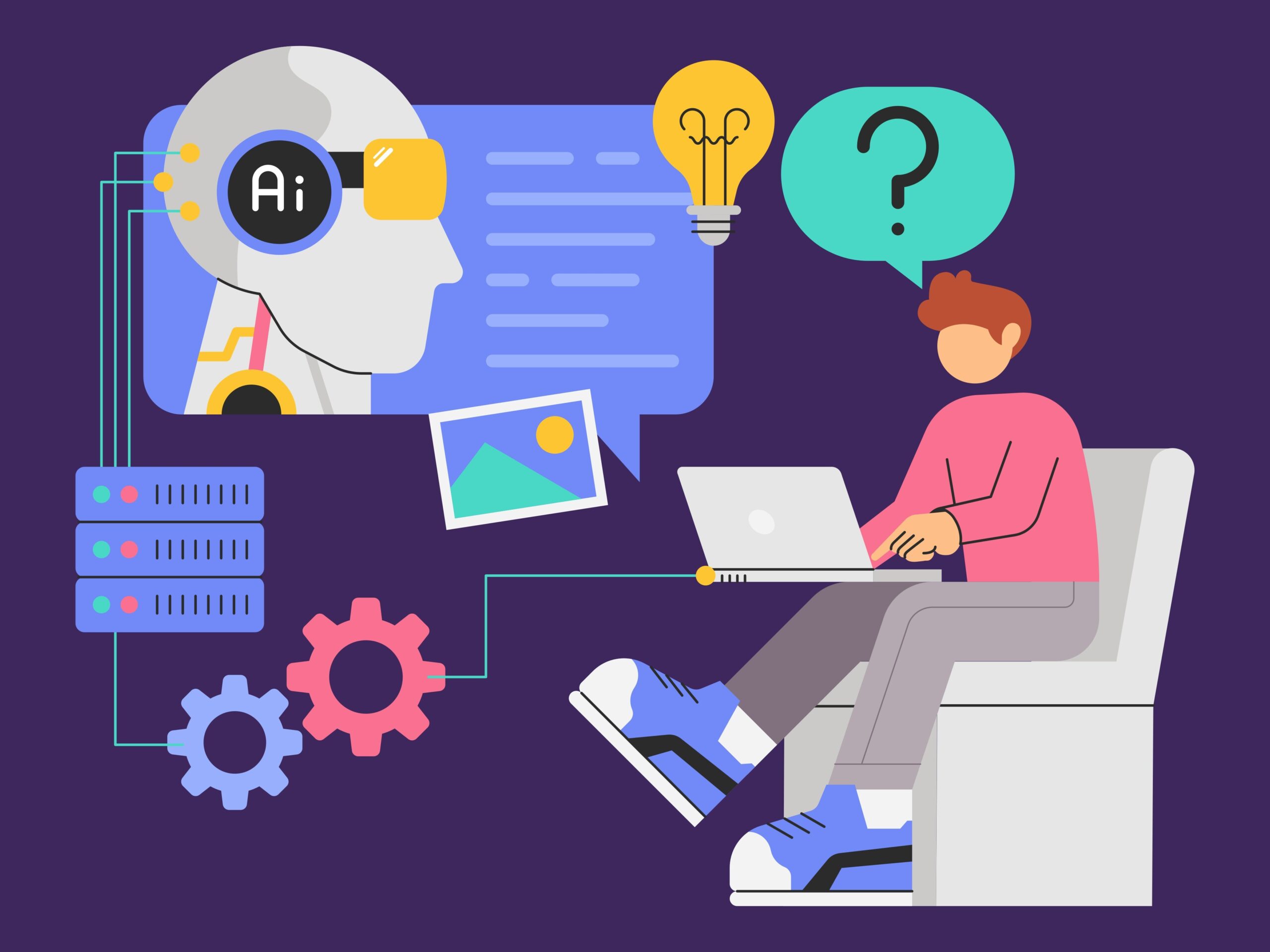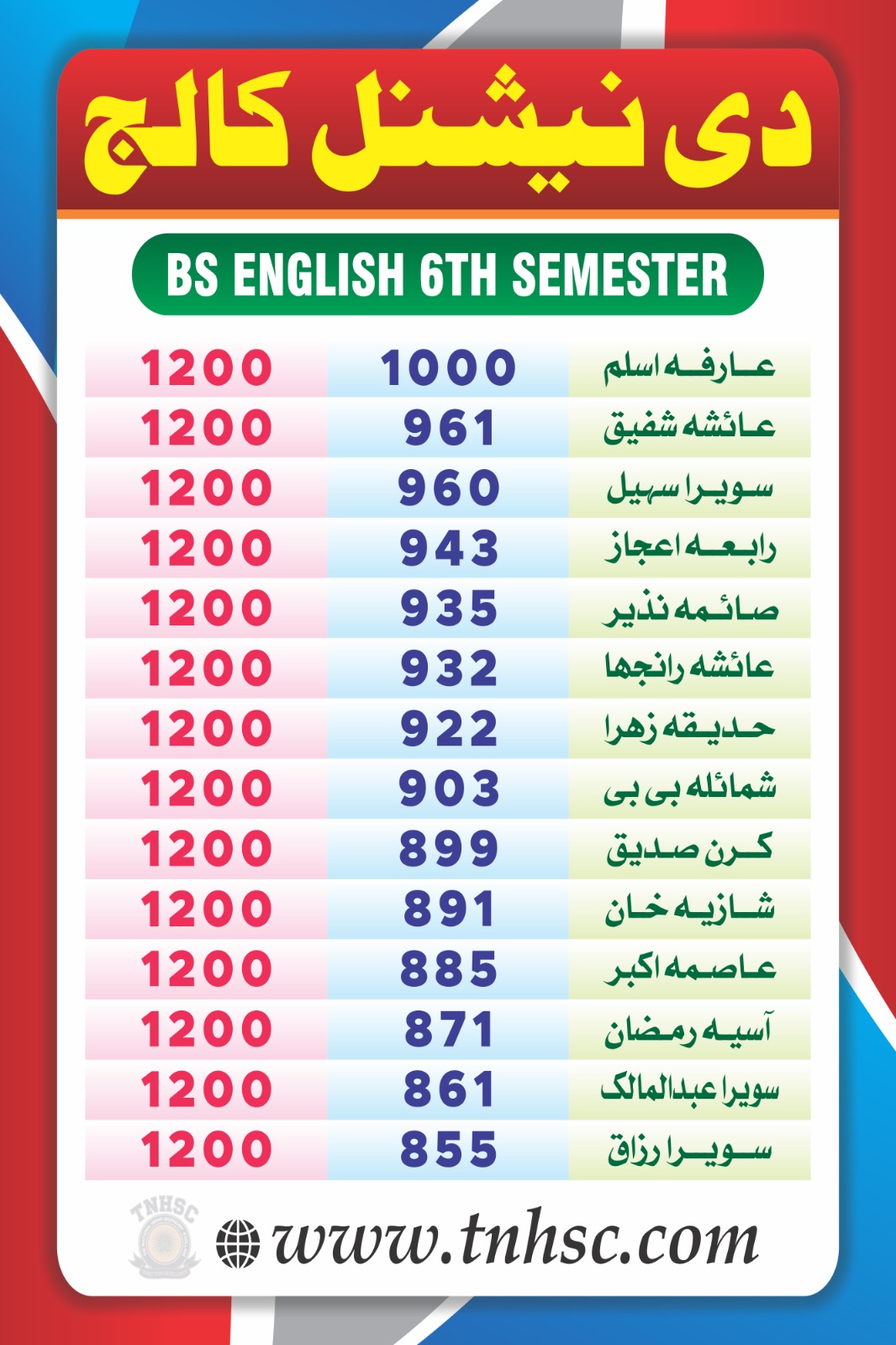In today’s digital world, a Bachelor among Science (BS) in Computer Science represents one of the most in-demand degrees. It offers learners with the technical competencies and theoretical understanding necessary to flourish in the ever-evolving IT sector. This page will offer a full description of the BS Computer Science degree, the subjects students will study, employment options after graduation, and address some frequently asked questions (FAQs). If you’re contemplating seeking this degree, examine on to see why it’s a smart decision for your future.
What is BS Computer Science?
The foundations of computer networks, designing software, computing, algorithms to and data structures are the main topics of an undergraduate computer science bachelor’s degree program. It prepares students for employment in technology in order the engineering of software, analyzing information, artificial intelligence, and other fields by fusing academic knowledge with real-world abilities.
The curriculum normally stretches four years and includes a wide differ of topics, from fundamental programming to sophisticated computer ideas. Graduates of this curriculum are well-equipped to handle complicated issues, build creative algorithms solutions, and plays a role to technical breakthroughs.
Key Subjects in BS Computer Science
The BS Computer Science program is aimed to equip students with a firm foundation in computer fundamentals. Below are some of the core subjects students are taught during the program:
1. Programming Fundamentals
- Introduction to programming languages like Python, Java, C++, and C#.
- Concepts of variables, loops, conditionals, and functions.
2. Data Structures and Algorithms
- Study of arrays, linked lists, stacks, queues, trees, and graphs.
- Algorithm design and analysis for problem-solving.
3. Database Management Systems (DBMS)
- Basics of database design, SQL, and NoSQL.
- Data modeling, normalization, and query optimization.
4. Operating Systems
- Understanding how operating systems manage hardware and software resources.
- Topics include process management, memory management, and file systems.
5. Computer Networks
- Fundamentals of networking protocols, IP addressing, and network security.
- Introduction to LAN, WAN, and the internet.
6. Software Engineering
- Software development lifecycle (SDLC).
- Agile methodologies, testing, and project management.
7. Artificial Intelligence and Machine Learning
- Basics of AI, neural networks, and machine learning algorithms.
- Applications of AI in real-world scenarios.
8. Web Development
- Front-end and back-end development using HTML, CSS, JavaScript, and frameworks like React and Node.js.
- Building responsive and dynamic websites.
9. Cybersecurity
- Fundamentals of securing computer systems and networks.
- Ethical hacking, encryption, and threat analysis.
10. Mathematics for Computer Science
- Discrete mathematics, calculus, linear algebra, and probability.
- Mathematical foundations for algorithms and data analysis.
Career Opportunities After BS Computer Science
Graduates of BS Computer Science have a wide range of career options in various industries. Here are some of the fields where they can excel:
1. Software Development
- Roles: Software Engineer, Application Developer, Web Developer.
- Responsibilities: Designing, coding, and testing software applications.
2. Data Science and Analytics
- Roles: Data Scientist, Data Analyst, Business Intelligence Analyst.
- Responsibilities: Analyzing large datasets to derive insights and support decision-making.
3. Artificial Intelligence and Machine Learning
- Roles: AI Engineer, Machine Learning Engineer.
- Responsibilities: Developing AI models and algorithms for automation and prediction.
4. Cybersecurity
- Roles: Cybersecurity Analyst, Ethical Hacker, Security Consultant.
- Responsibilities: Protecting systems and networks from cyber threats.
5. Cloud Computing
- Roles: Cloud Architect, Cloud Engineer.
- Responsibilities: Managing and deploying cloud-based solutions.
6. Game Development
- Roles: Game Developer, Game Designer.
- Responsibilities: Creating interactive and engaging video games.
7. Academic and Research
- Roles: Researcher, Lecturer.
- Responsibilities: Conducting research in emerging technologies and teaching.
8. Entrepreneurship
- Roles: Tech Startup Founder, Product Manager.
- Responsibilities: Launching and managing tech-based businesses.
FAQs About BS Computer Science
1. What is the duration of a BS Computer Science program?
- The program typically takes 4 years to complete, divided into 8 semesters.
2. What are the entry requirements for BS Computer Science?
- Most universities require a high school diploma with a strong background in mathematics and science. Some institutions may also require entrance exams.
3. Is coding experience necessary before joining the program?
- No, the program is designed to teach coding from scratch. However, having basic programming knowledge can be beneficial.
4. What programming languages are taught in BS Computer Science?
- Common languages include Python, Java, C++, C#, and JavaScript.
5. Can I pursue a master’s degree after BS Computer Science?
- Yes, graduates can pursue advanced degrees like MS in Computer Science, Data Science, or MBA in IT Management.
6. What is the average salary for BS Computer Science graduates?
- Salaries vary by role and location, but the average starting salary ranges from 60,000 to 100,000 per year.
7. Is BS Computer Science a good degree for the future?
- Absolutely! With the rapid growth of technology, the demand for computer science professionals is expected to rise significantly.
Why Choose BS Computer Science?
A BS in Computer Science offers numerous benefits:
- High Demand: Tech professionals are in high demand across industries.
- Lucrative Salaries: Computer science careers are among the highest-paying jobs.
- Versatility: Graduates can work in diverse fields like healthcare, finance, gaming, and more.
- Innovation: The degree allows you to be at the forefront of technological advancements.
Conclusion
A BS in Computer Science is a doorway to a successful and active career in the computer sector. With a comprehensive curriculum encompassing programming, algorithms, AI, and more, students develop the skills needed to flourish in many positions. Whether you aim to be a software engineer, data scientist, or cybersecurity specialist, this degree provides the framework for success.
Clilck Here For more information on enrolling your child in BS Computer Science, visit our website TNHSC or get in touch with us today!











